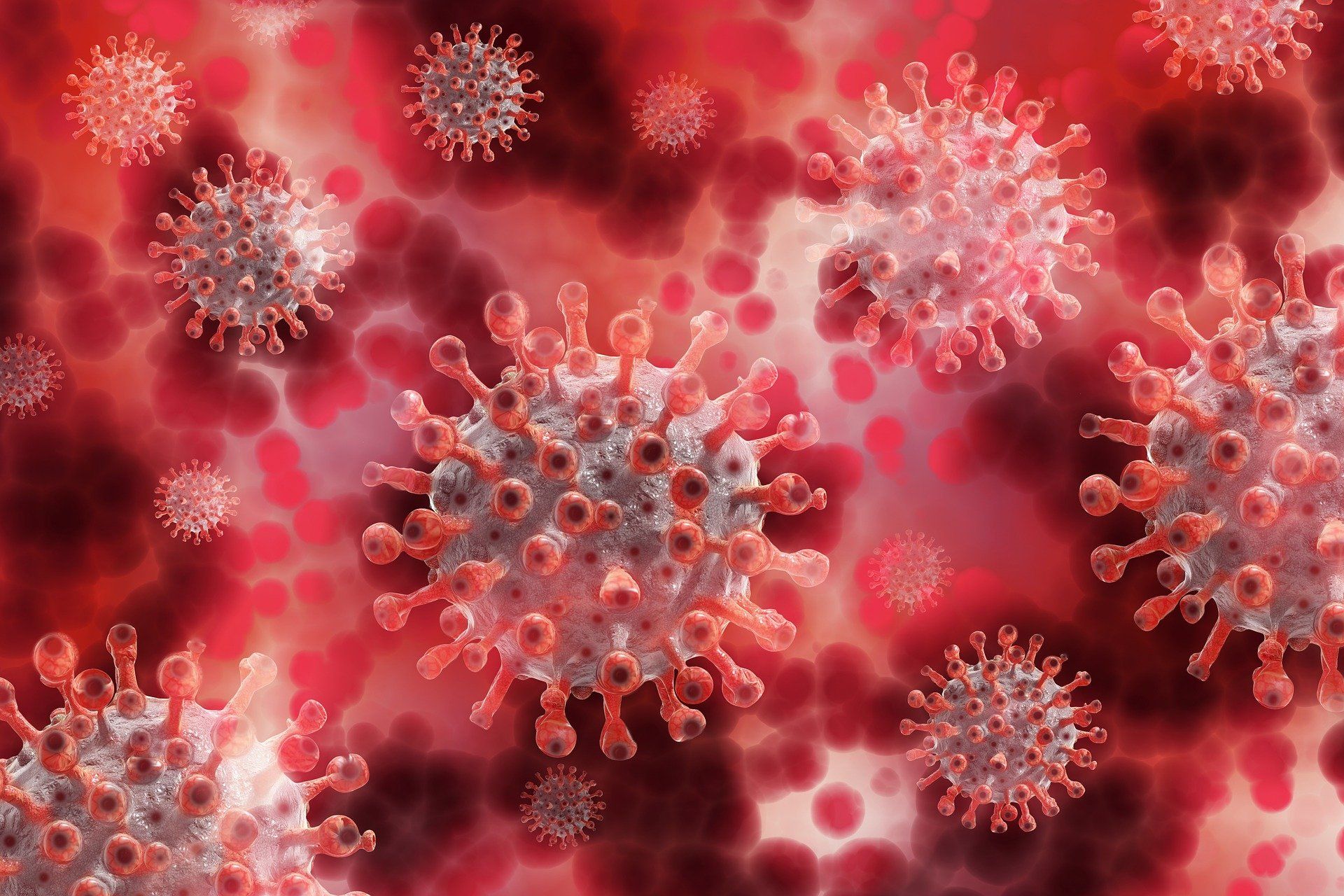A new omicron sub-variant, BA.2, is doing the rounds in several countries. Virologists are hard at work to find out more about it, but all they’ve discovered so far is that it is more contagious than the BA.1 sub-type.
The United Kingdom Health Security Agency (UKHSA) announced that this subtype is under investigation though the country has witnessed a relatively low number of corresponding infections, 426 to be precise. The Statens Serum Institut (SSI) of Denmark reported that the BA.2 sub-variant was quickly increasing, accounting for almost half the country’s COVID infections.
Norway also reported that the subtype which was detected on January 4, has sharply increased, accounting for 611 cases by January 19. The Norwegian Institute of Public Health has stated that this version is growing much more strongly compared to the originally detected omicron subtype.
Also Read | California bill could let kids over 12 get COVID dose without parent’s consent
A statement from the institute translates to, “The properties of the virus are not known other than that it is more contagious than BA.1 and increases correspondingly in Denmark and Sweden and may appear to take over BA.1 already”.
Also Read | Why is it better to wear an N95 than a cloth mask right now?
Currently, there’s no clarity about whether BA.2 will cause any alterations to the present situations different countries are facing. Professionals have reported that the new subtype shares several, but not all mutations with omicron. A virologist at Imperial College, London, also agreed on the transmissibility being higher but noted that there’s not much clarity on whether this subtype is more severe.
Also Read | US to require essential workers crossing borders to be fully vaccinated for COVID
So far, the data from Denmark has not shown any change in hospitalizations for the two subtypes. The subtype has been detected in the U.S., India, Vietnam, Sweden, South Africa and other countries, with a total of around 10,144 logged cases.
Also Read | Sputnik V more effective against omicron than Pfizer’s vaccine: study
Dr Meera Chand, incident director at the UKHSA, noted that it is not unusual for viruses to show mutations, and one expects new variants of the SARS-CoV-2 to emerge.







